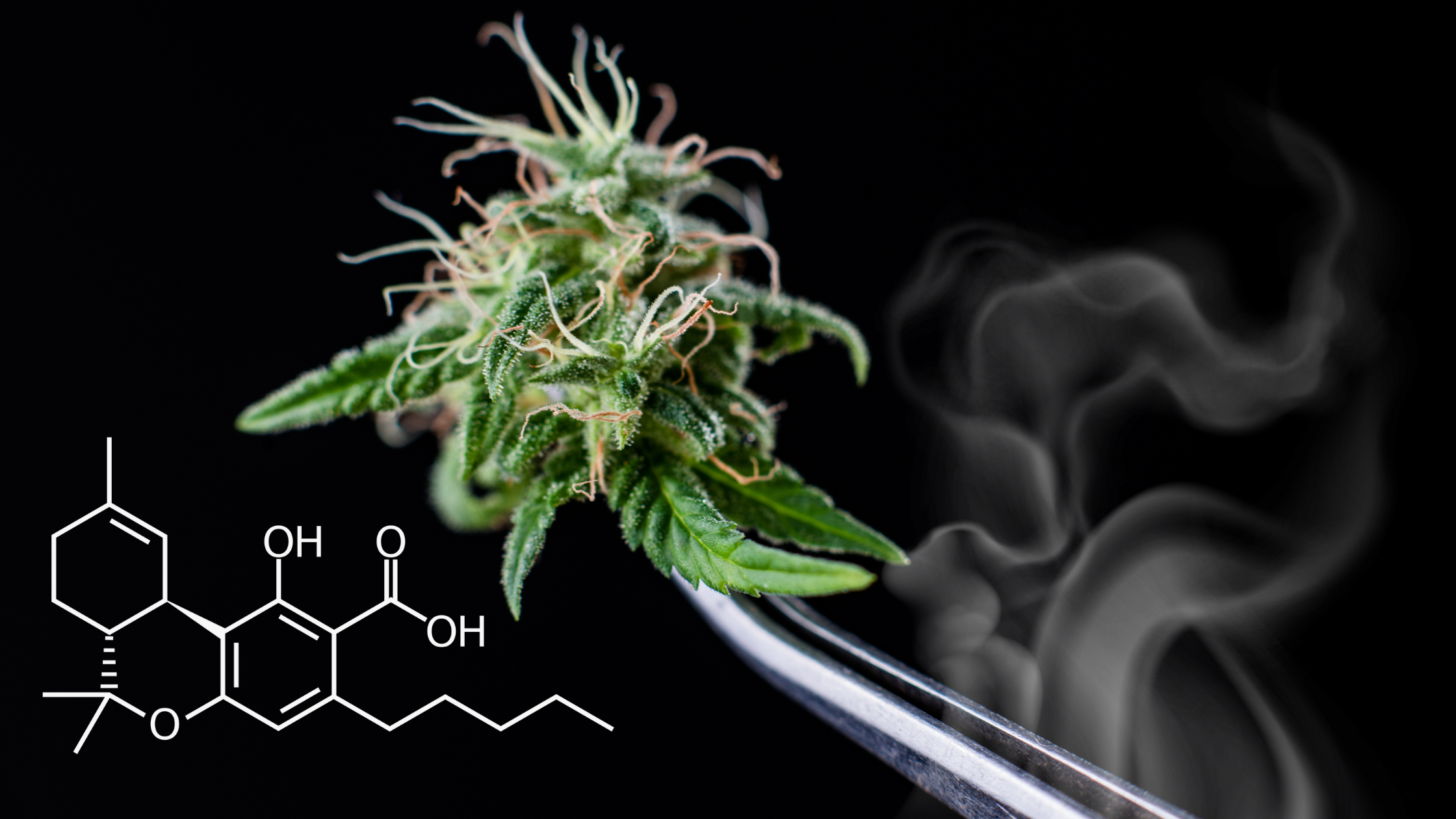Understanding THCA
As cannabis continues to grow in popularity, curiosity about its various compounds, including THCA (tetrahydrocannabinolic acid), is increasing. A common question that comes up is, Does THCA get you high when burned? To answer this, we need to delve into what THCA is, how it changes when exposed to heat, and the effects you might experience when consuming it.
What is THCA?
THCA is a non-psychoactive cannabinoid found in raw cannabis plants. It acts as the precursor to THC, the well-known compound responsible for the psychoactive effects of marijuana. In its natural form, THCA does not produce the high commonly associated with cannabis. Instead, it is valued for its potential health benefits.
How is THCA Different from THC?
Though THCA and THC are related, they affect the body in different ways. THCA remains non-psychoactive until it undergoes a chemical transformation. This conversion happens when THCA is exposed to heat, turning it into THC and enabling the euphoric effects that many cannabis users seek.
The Chemistry of THCA
To understand whether burning THCA can get you high, we need to explore the chemistry behind it.
The Decarboxylation Process
Decarboxylation is the process through which THCA is converted into THC. This chemical change occurs when cannabis is heated, such as during smoking, vaporizing, or baking.
During decarboxylation, THCA loses a carboxyl group (COOH), resulting in the formation of THC. This transformation is essential for activating the psychoactive properties of cannabis.
What Happens When You Burn THCA?
When you burn THCA, the heat triggers decarboxylation, converting THCA into THC almost immediately. This means that smoking or vaporizing a cannabis strain rich in THCA will result in the psychoactive effects of THC. So, yes, burning THCA can indeed get you high due to its conversion into THC.
Effects of THCA When Burned
Let’s take a closer look at what happens when THCA is converted to THC through burning.
Psychoactive Effects of THC
When THCA is transformed into THC through heat, it binds to the CB1 receptors in the brain, producing the classic high associated with cannabis use. This interaction can lead to feelings of euphoria, relaxation, heightened sensory perception, and an increase in appetite.
User Experiences and Anecdotes
Many users report different experiences when consuming high-THCA strains. Some enjoy the smooth transition from THCA to THC, appreciating the gradual onset of effects. Others note that high-THCA strains can offer a more balanced, less overwhelming high compared to those with higher initial THC content.
Benefits of THCA
While the psychoactive effects of THC are widely recognized, THCA itself boasts potential therapeutic benefits.
Therapeutic Properties
Research indicates that THCA may provide various health benefits, such as:
- Anti-inflammatory effects: THCA may help reduce inflammation, benefiting those with chronic pain.
- Neuroprotective qualities: Preliminary studies suggest that THCA could protect brain cells, potentially aiding in neurodegenerative conditions.
- Anti-nausea effects: THCA has shown promise in reducing nausea, making it helpful for individuals undergoing chemotherapy.
Non-Psychoactive Benefits
One of the main attractions of THCA is that it can deliver health benefits without the psychoactive high. This allows users to incorporate THCA into their wellness routines while maintaining mental clarity and functionality.
Risks and Considerations
Although THCA has benefits, there are some risks to be mindful of when consuming it.
Is Smoking THCA Safe?
THCA is generally safe for most people, especially in its raw form. However, smoking any substance can produce harmful byproducts that affect lung health. If you’re concerned about respiratory issues, alternative methods of consumption might be more suitable.
Possible Side Effects of Smoking
When THCA is converted to THC and smoked, some users may experience side effects such as:
- Coughing or respiratory irritation: Smoking can irritate the lungs and throat, regardless of the specific cannabinoid content.
- Increased heart rate: THC can elevate heart rate, which may be uncomfortable for some individuals.
- Temporary cognitive impairment: Users may notice short-term memory issues after THCA is converted to THC.
Listening to your body and adjusting your intake as needed can help you manage these side effects.
Consumption Methods
There are different ways to consume THCA, depending on your preferences and desired effects.
Best Ways to Consume THCA
For those looking to benefit from THCA without the psychoactive effects, consider the following methods:
- Raw Cannabis: Consuming raw cannabis leaves or adding them to smoothies lets you enjoy the benefits of THCA without converting it to THC.
- Juicing: Juicing raw cannabis is another excellent way to ingest THCA while avoiding the high.
Alternatives to Smoking
If you prefer not to smoke, there are other options:
- Vaping: Vaping cannabis provides a smoother inhalation experience and still activates THCA’s conversion to THC at appropriate temperatures.
- Edibles: Cooking with cannabis at the right temperatures will convert THCA to THC, enabling you to enjoy its psychoactive effects in a palatable form.
User Experiences with Alternative Methods
Many users report distinct experiences depending on how they consume THCA. For example, edibles often offer a slower, more gradual onset of effects compared to smoking or vaping, which can help with better dosage control and a more comfortable experience.
Conclusion
So, does THCA get you high when burned? The answer is yes. Burning THCA activates its conversion to THC, resulting in the psychoactive effects that many seek in cannabis. While THCA itself offers potential therapeutic benefits without intoxication, once heated, it becomes THC, delivering both relief and enjoyment. Whether you prefer to smoke, vape, or try other methods, understanding THCA and its transformation can help you make informed decisions about your cannabis use.
Frequently Asked Questions
Can THCA get you high?
No, THCA is non-psychoactive unless it is heated and converted to THC.
What are the health benefits of THCA?
THCA may help with inflammation, nausea, and neuroprotection without causing a high.
How can I consume THCA safely?
Consume THCA raw in salads or smoothies, or use heating methods like smoking or cooking for THC activation.
Is THCA legal?
Yes, THCA derived from hemp is generally legal, but always check local regulations for compliance.
How long does THC stay in your system after consuming THCA?
THC can stay in the body for days to weeks, depending on factors like frequency of use and metabolism.

